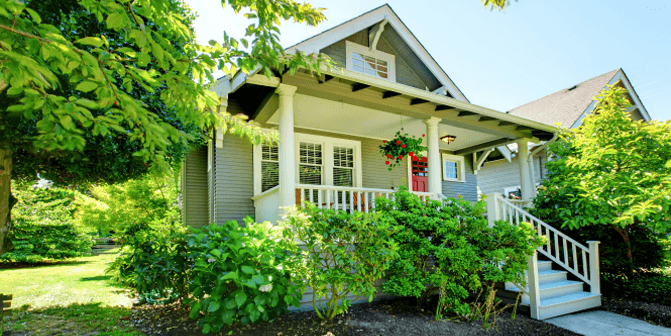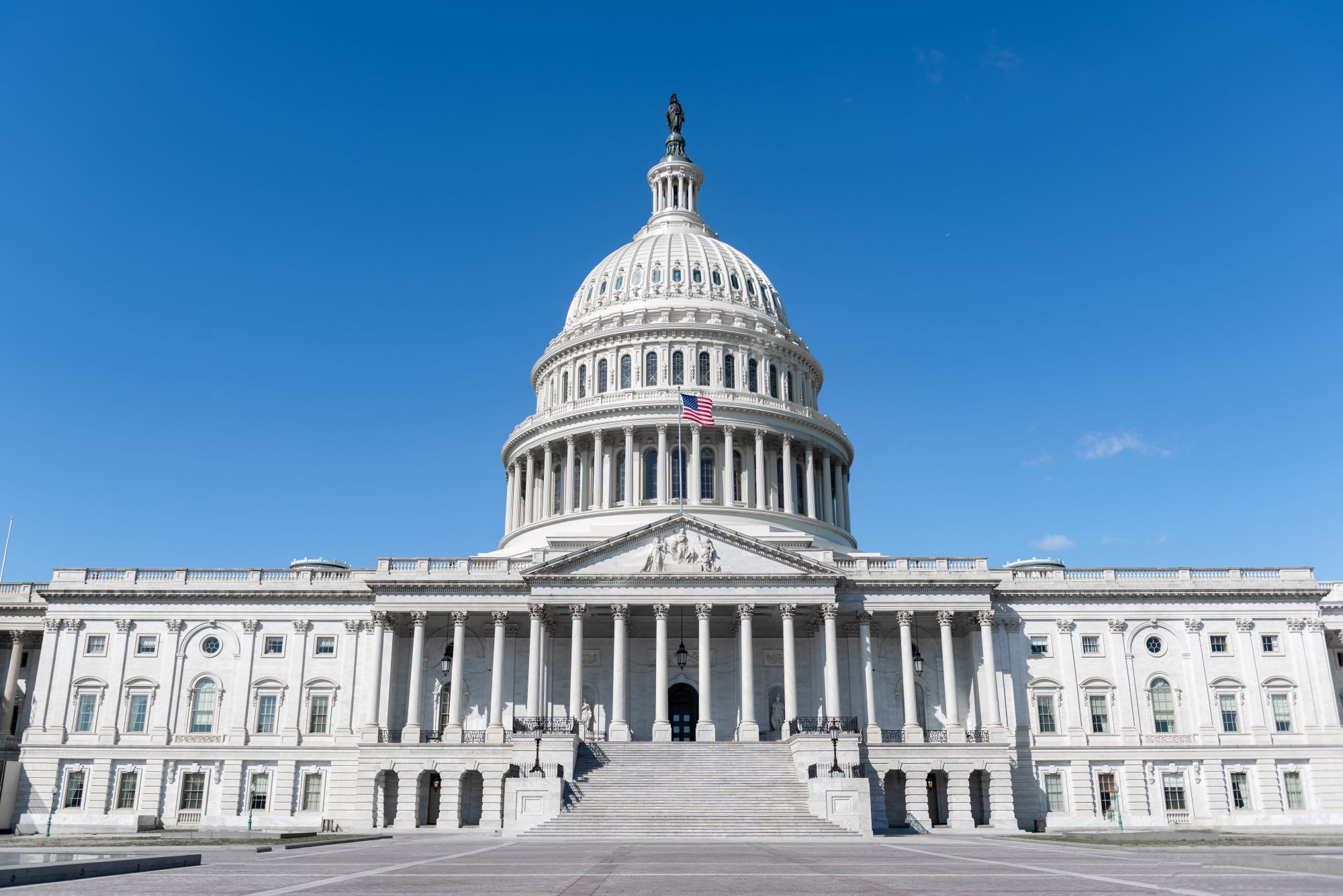Homebuyers are Usually Kept in the Dark About Energy Costs. How Can We Fix That?
Let's Save Energy
Alliance to Save Energy's Blog

By Kara Jonas, Program Manager, Midwest Energy Efficiency Alliance
A home is the most expensive thing most of us will ever buy, so it’s important that buyers understand all the home’s features and the true costs of homeownership before taking the plunge. Certain home features are obvious and visible, such as an updated kitchen with granite countertops. Unfortunately, energy efficiency features (such as high-efficiency HVAC equipment or attic insulation installed to the current energy code) are often harder to recognize.
Buyers are informed about some costs at the time of sale, such as the estimated monthly mortgage, property taxes and insurance costs. Monthly utility bills, however, are not usually disclosed, and real estate agents often lack access to this information.
Recently, the National Association of Realtors (NAR) released its 2019 Sustainability Report and 77% of Realtor respondents indicated that a home’s utility bills and operating costs are a very or somewhat important feature to homebuyers. Further, 69% of respondents indicated that energy efficiency promotion in listings is very or somewhat valuable.
(National Association of Realtors 2019 Sustainability Report)
Fortunately, Multiple Listing Services (MLSs – which serve as databases for residential property listings), cities, and states are taking steps to ensure energy costs or efficiency features within a home are transparent and marketed properly during the time of listing and sale.
MLS Green Data Fields
Green data fields within an MLS are crucial for highlighting energy efficiency features in a listing, since these upgrades are often invisible or installed in inaccessible areas of the home. These data fields enable real estate agents to highlight the efficiency features or certifications (such as ENERGY STAR or LEED) that are associated with the property. Despite this, the majority of MLSs across the nation lack green data fields, making energy efficiency go unnoticed in listings.
Fortunately, more and more MLSs are taking steps to implement and populate green data fields, and NAR created a Green MLS Implementation Guide to help. Oftentimes, in order to justify the addition of green data fields, there needs to be proof that homes within the local market have efficiency features or certifications.
Utility staff and those working at certification bodies can help by ensuring data and information related to high-efficiency measures installed and efficiency certifications achieved is accessible. After all, even if an MLS has implemented green data fields, the real estate agent needs to have access to the appropriate information to properly populate these fields.
Time of Sale Energy Disclosure Ordinances
Several cities and states across the nation have recognized the need for transparency during the time of sale and have adopted policies to require the disclosure of utility costs, energy audit results, or energy efficiency features when a residential property is listed for sale or sold. Chicago, for example, requires sellers to disclose utility costs at the time of listing, and real estate agents have access to an Energy eCompliance tool that auto-populates listings with accurate data pulled directly from the utilities.
These types of ordinances benefit buyers, sellers, and agents. Buyers gain insight into the energy use of their potential new home, while sellers are able to highlight desirable energy efficiency features that often go unnoticed during real estate transactions. Municipalities can also use these ordinances to meet sustainability targets since they motivate homeowners and potential buyers to invest in energy efficiency upgrades. More information on these ordinances can be found in MEEA’s new energy disclosure fact sheet, which can be shared with local or state representatives.
Interested in doing more? MEEA is working to ensure energy efficiency is visible and valued during real estate transactions. If you are interested in implementing MLS green data fields or time of sale disclosure ordinances, reach out to Kara Jonas at KJonas@mwalliance.org to start the conversation.
STAY EMPOWERED
Help the Alliance advocate for policies to use energy more efficiently – supporting job creation, reduced emissions, and lower costs. Contact your member of Congress.
Energy efficiency is smart, nonpartisan, and practical. So are we. Our strength comes from an unparalleled group of Alliance Associates working collaboratively under the Alliance umbrella to pave the way for energy efficiency gains.
The power of efficiency is in your hands. Supporting the Alliance means supporting a vision for using energy more productively to achieve economic growth, a cleaner environment, and greater energy security, affordability, and reliability.




